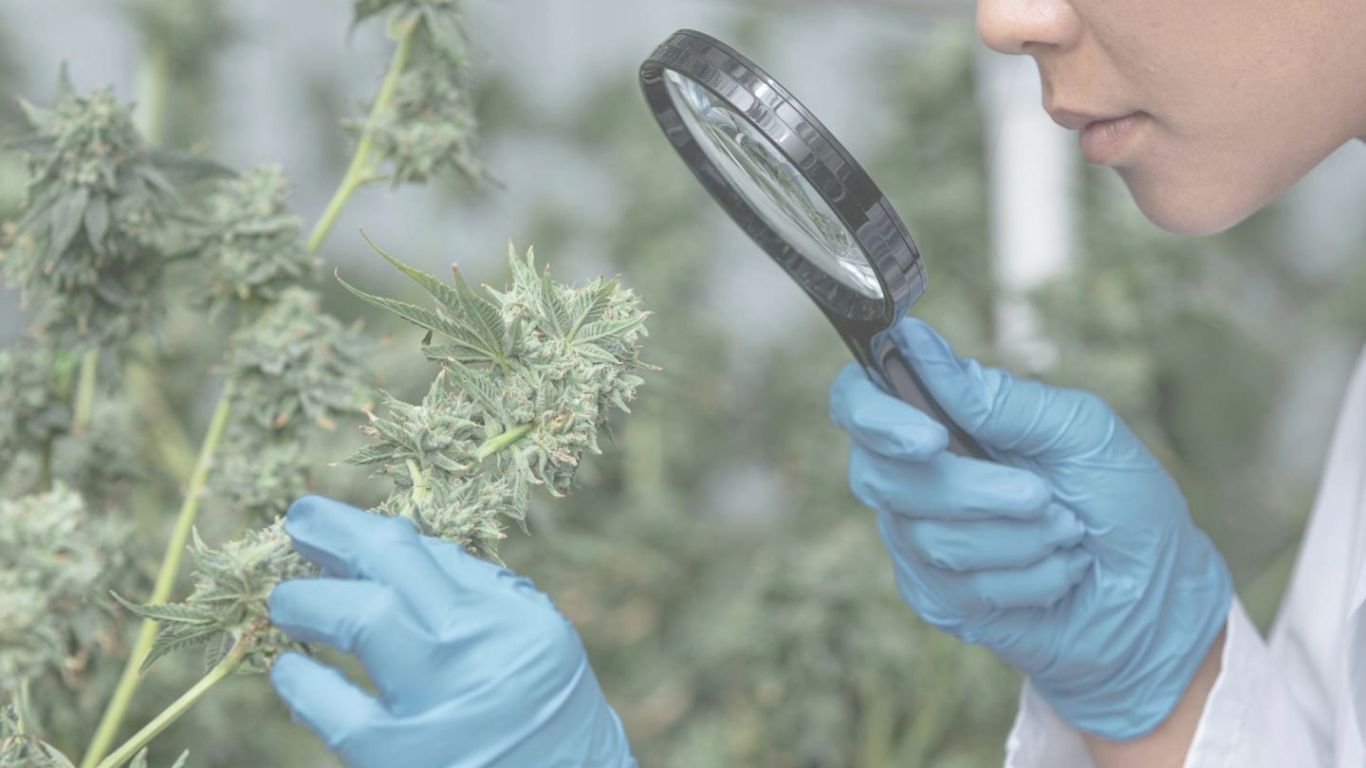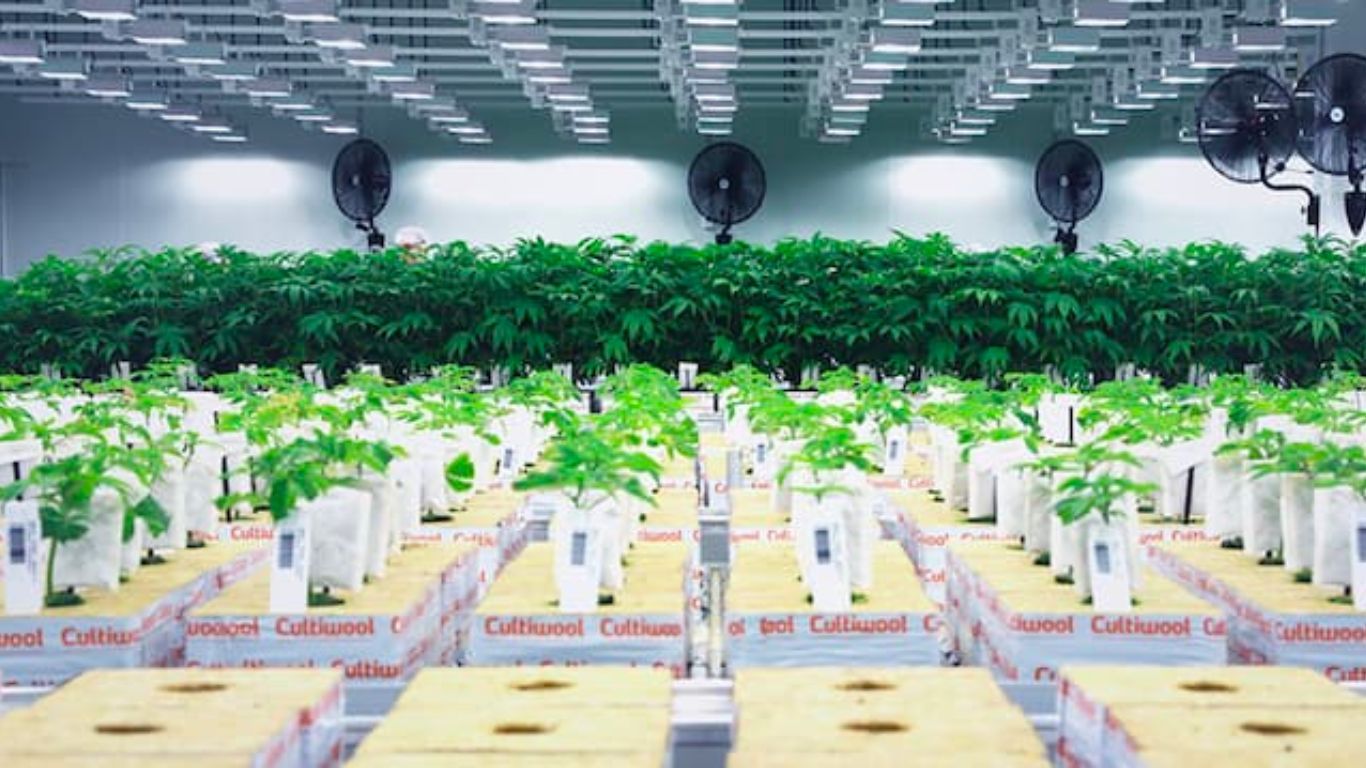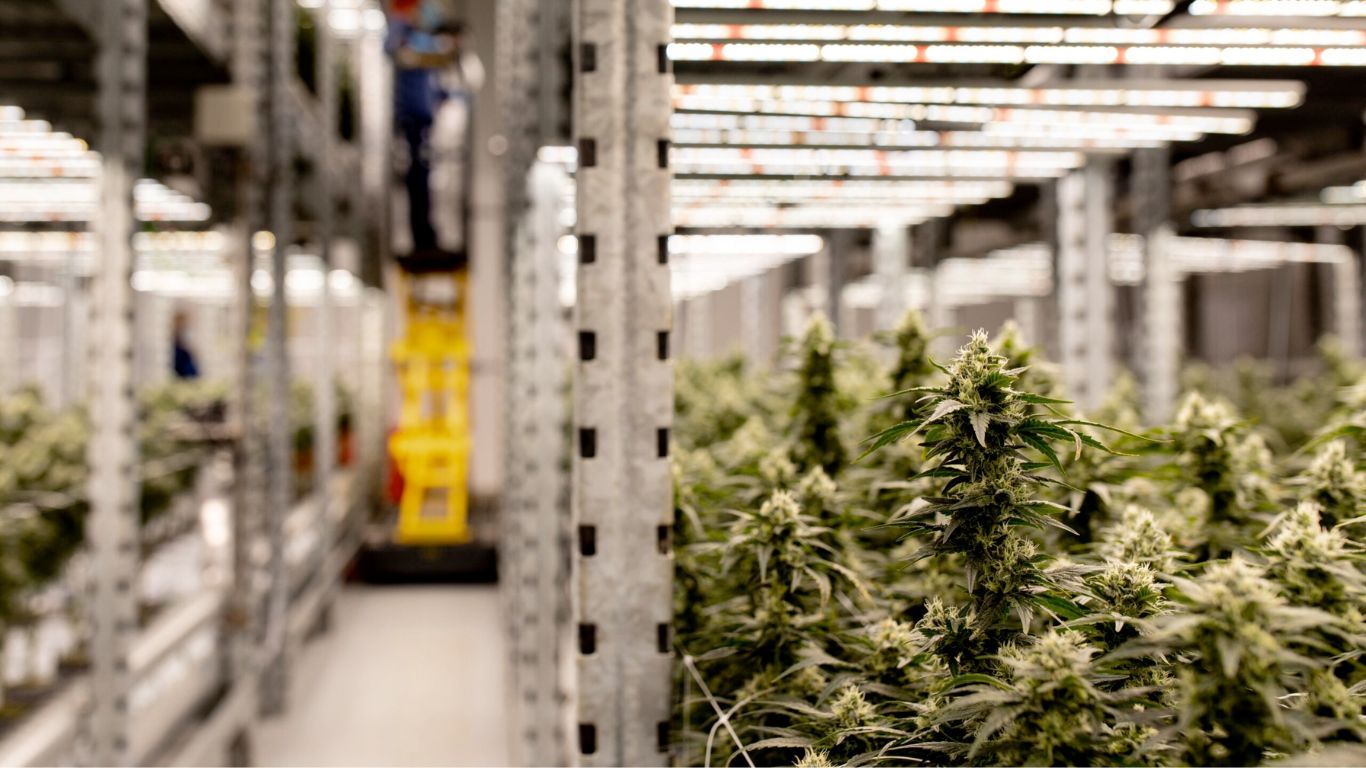
Decibel Cannabis Company Inc. reported declining revenue and increased losses in its first three months of 2024 due to increased competition and lower exports.
The fourth largest licensed producer in Canada by market share, Decibel brought in $32.3 million in gross sales in the Canadian non-medical market in the three months ending March 31, 2024, and $355,000 in international sales for gross revenue of $32.7 million before expenses. This compares to $40.5 million in gross revenue in the same period in 2023.
Net revenue for Decibel in the first quarter of 2024 was just under $21 million, down from nearly $30 million in the first quarter of 2023. Adjusted EBITDA in Q1 2024 was $3.6 million, down from $6.6 million in Q1 2023. Adjusted net loss in Q1 2024 was $3.5 million, compared to adjusted net income of $3.3 million in Q1 2023.
Of the $32.3 million in gross national sales, Decibel paid $11.7 million in federal excise taxes, 32% of its gross Canadian adult-use (non-medical) sales.
Net revenue for the company has declined for three consecutive quarters, with four consecutive quarters of adjusted net loss.
“Despite the drop in revenue, we remain one of Canada’s top brands by market share,” said Decibel’s Chief Executive Officer Benjamin Sze. “With a focused effort on our strategy, we expect an improved Q2 and more importantly a continued path to sustainable growth and profitability. I am currently undergoing a comprehensive business review, and I look forward to sharing the initiatives undertaken before July 15th.”
Decibel operates two federally licensed cannabis cultivation facilities, one in British Columbia and one in Saskatchewan, a processing and manufacturing facility in Calgary, and has supply agreements for cannabis flower products in Alberta, Ontario, British Columbia, and Manitoba, and has also agreed to supply cannabis products to the Prince Edward Island Cannabis Management Corporation and Cannabis New Brunswick. It is also registered as a cannabis supplier in Saskatchewan.
Decibel has four dried cannabis brands: two premium brands, Qwest and Qwest Reserve, and two core-segment and value-segment brands, Blendcraft by Qwest and General Admission.
The company previously owned six Prairie Records cannabis retail stores in Saskatchewan and Alberta. In April, after the close of the most recent quarter, the company sold these locations to Fire and Flower Inc., a wholly owned subsidiary of 2759054 Ontario Inc. d.b.a. FIKA, for $3 million.
In the most recent quarter, Decibel says it signed a supply agreement with a new company in Israel, projecting an annual commitment by the company to purchase 1,000 kg of cannabis, and completed its first export to Australia.
In this same period, a different Israeli company defaulted on its payments required under a cannabis supply agreement with Decibel, leading to a provision of $1.6 million of such receivable.
Decibel took formal legal action to collect on the payment, and the Israeli company subsequently filed an insolvency motion. Decibel joined these proceedings, filing its claim with the trustee, believing there is 300kg of inventory related to this provisioned receivable that is currently accessible, and that a portion of the receivable may be recoverable through a resale agreement of this inventory with the trustee and another Israeli company.
In January, the Israeli government opened an “anti-dumping” investigation into cannabis imports from Canada, which included Decibel. The company’s first export to Israel occurred in Q4 2022.
Because of continued losses, the company says its future is “dependent on its ability to maintain profitable operations and maintain compliance with covenants relating to its lending agreements, generate sufficient funds from operations, continue receiving financial support from its lenders and obtain new financing,” something it cannot promise investors.
In April, Decibel filed a notice of civil claim in a BC Supreme Court for $834,901, arguing that BC-based Seven Elk Shipping’s actions resulted in the seizure of their product by US border officials.











